AFTER the flood – How to Stay Safe
Kathleen Tierney, Natural Hazards Center, Boulder
LISTEN (10 MINUTES) “Many of the injuries that happen in disasters happen because people are trying to take care of disaster related problems themselves, and and they get injured. If you’ve never handled a chain saw before in your life, this is probably not a good time to start.” – Kathleen Tierney
Boulder is a world renowned center for research into Natural Disasters. One of the leaders in this field is Kathleen Tierney who directs CU Boulder’s Natural Hazards Center. She speaks with KGNU’s Shelley Schlender about how to stay safe AFTER a disaster, how to document your needs for insurance, how Boulder planners have reduced the impacts of this huge flood event, and what it’s like, personally, here in Boulder, to be a disaster victim.
Climate Change and Future Flooding
Kelley Mahoney, CIRES, Boulder
(LISTEN 15 Minutes) As for WHY this storm happened, KGNU’s Jim Pullen talks with Kelly Mahoney, a research scientist at CU Boulder’s Cooperative Institute for Research in Environmental Sciences – also known as CIRES. Mahoney says the Rocky Mountains are the most challenging part of the country for making climate predictions. But the Rocky Mountains might indeed have more dry periods punctuated by more intense and very wet superstorms.
“We have a pretty good handle on the trends that we might expect along the eastern two thirds of the country and also in the southwest. So in the eastern part of the country, we do expect things to get a little more moist. And the complete opposite in the desert Southwest. Regarding average precipitation, we expect to see it drying. So that places the Colorado Front Range in the unique position of being right between the two climate signals. For the Colorado Front range, I think most folks say we feel like the region will see a mean drying, meaning longer longer stretches of dry punctuated by an increase in extremes. But it’s still definitely an area of study. Lots of people are continuing to look into this.”
Planning for more superstorms
Marcus Moench, Institute for Social and Environmental Transition, Boulder
LISTEN (20 Minutes) The Institute for Social and Environmental Transition does a lot of work globally regarding flooding and climate and environment protection. Speaking with Jim Pullen, their president, Marcus Moench, says Boulder has fared pretty well, though it faces challenges.
“The main flood areas, the infrastructures through Central Boulder has functioned enormously well. The underpasses and things like that. We face, as everyplace does, a huge challenge particularly along minor streams, where it’s impossible to keep the vegetation clear, to keep culverts the size you want. And where there are contrasting interests. For example, if you have a grate in front of a school such as Flatirons school that protects kids from falling into the culverts, but at the same time it becomes the first thing that clogs and floods the street, the minute any flow comes down. “
But Moench says that even in usually arid Boulder, we can learn lessons from wetter climates, such as those in Asia:
“All the infrastructures, the water heaters, the sewer, things like this, The water supply stuff is located much higher up. The electricity. We put a lot of that infrastructure into our basements. And as people are mucking out here, that’s one of the largest costs a lot of people will face is replacing that water heater, that dryer, the stuff that’s in the basements. “
For a list of resources for people in our communities dealing with these disasters, check KGNU





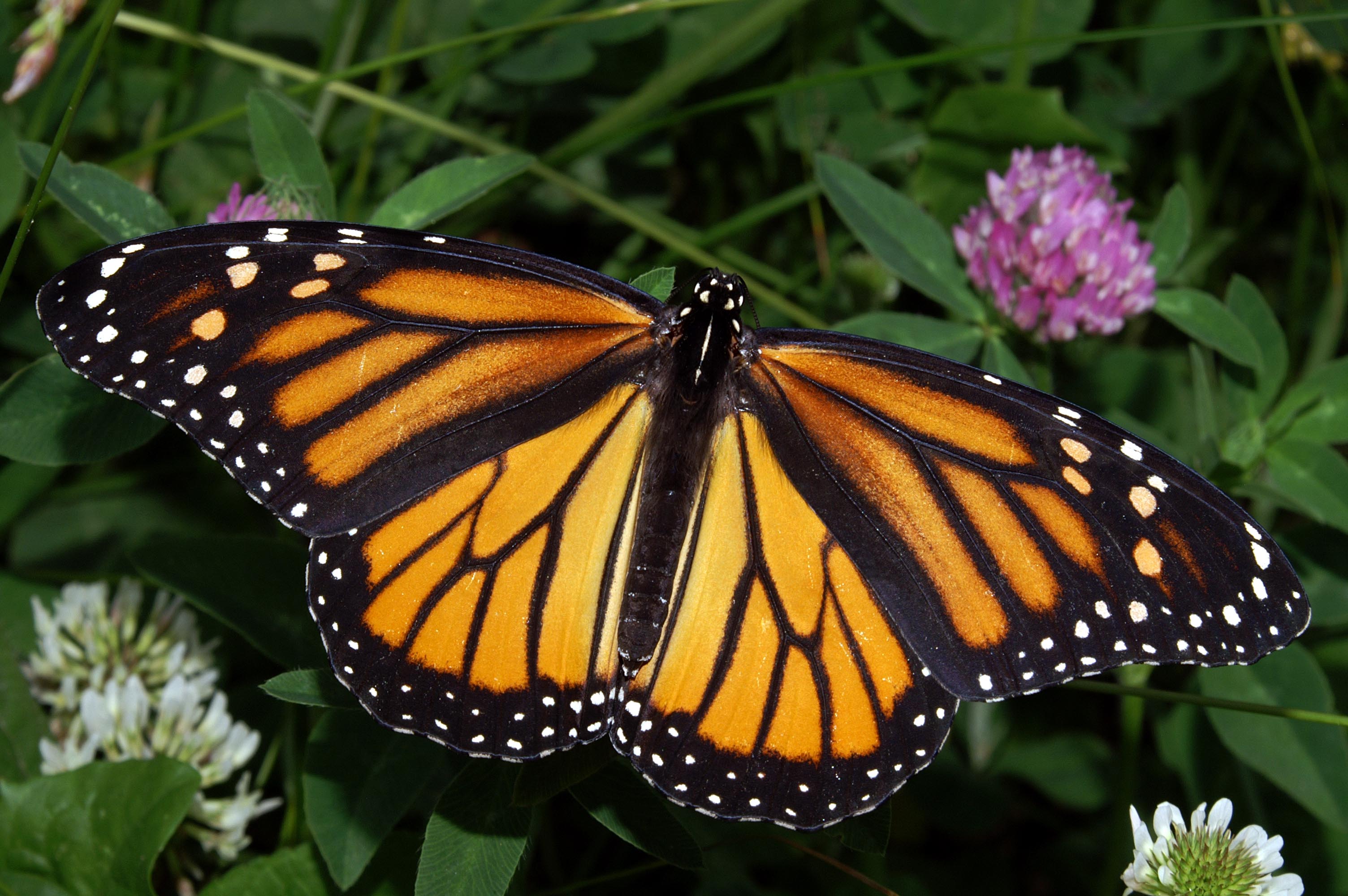
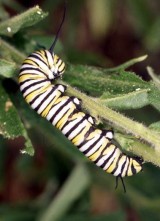
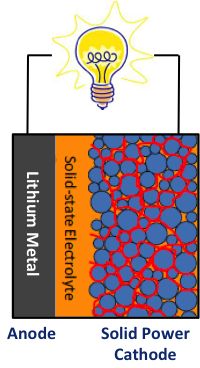
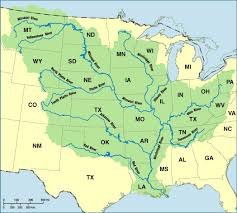

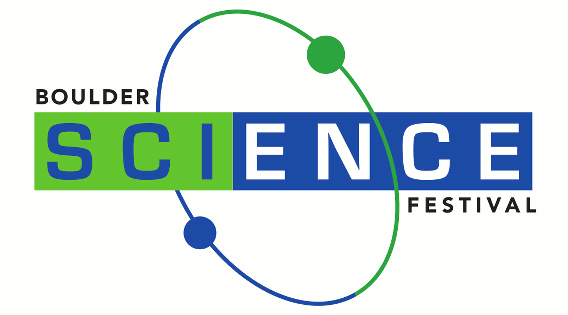
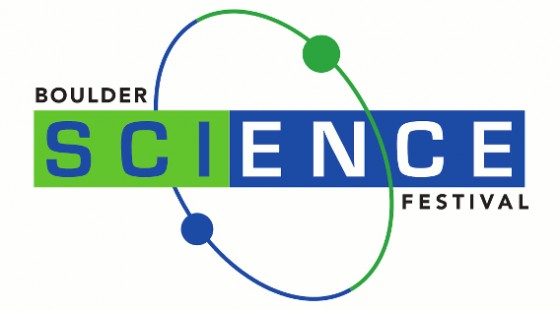

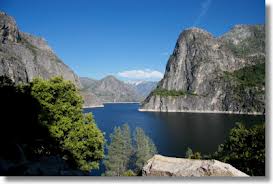
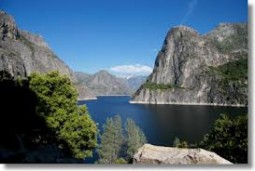
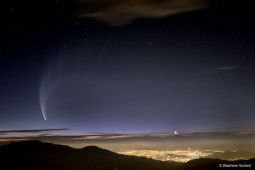 humans for millenia. Aristotle argued comets were hot, dry exhalations gathered in the atmosphere and occasionally burst into flame. Some people thought that comets replenished Earth’s air. Still others believed they were a source of disease. Scientists today study comets because some are thought to be relatively pristine leftover debris from the formation of the solar system. And studying what comets are made of can provide us a glimpse back to the beginning of the solar system 4 billion years ago.
humans for millenia. Aristotle argued comets were hot, dry exhalations gathered in the atmosphere and occasionally burst into flame. Some people thought that comets replenished Earth’s air. Still others believed they were a source of disease. Scientists today study comets because some are thought to be relatively pristine leftover debris from the formation of the solar system. And studying what comets are made of can provide us a glimpse back to the beginning of the solar system 4 billion years ago. 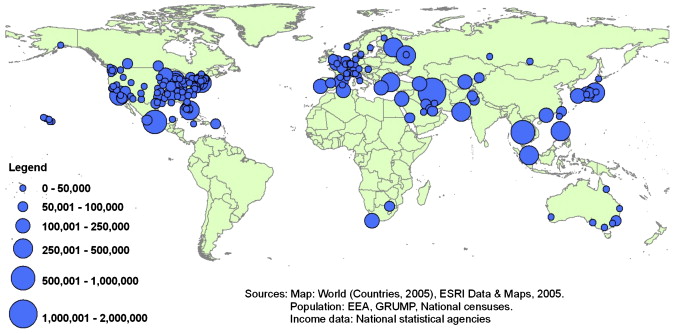
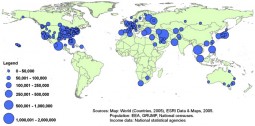
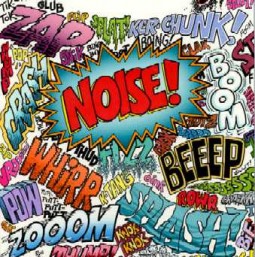 Noise Pollution (starts at 6:15) – How on Earth’s Shelley Schlender talks with research scientist Larry Finegold about noise pollution and about a workshop being held today in Denver about
Noise Pollution (starts at 6:15) – How on Earth’s Shelley Schlender talks with research scientist Larry Finegold about noise pollution and about a workshop being held today in Denver about 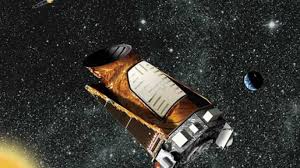
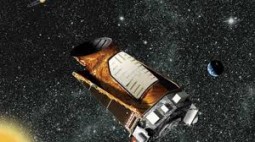
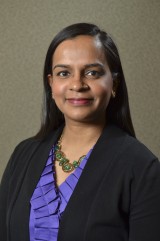
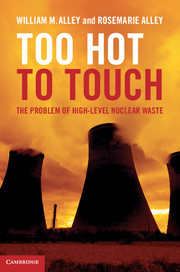
 Today we’re joined by Dr. William Alley and Rosemarie Alley to learn about the nuclear waste crisis in the United States. Bill Alley, a distinguished hydrologist, was in charge of the USGS’s water studies at
Today we’re joined by Dr. William Alley and Rosemarie Alley to learn about the nuclear waste crisis in the United States. Bill Alley, a distinguished hydrologist, was in charge of the USGS’s water studies at 

